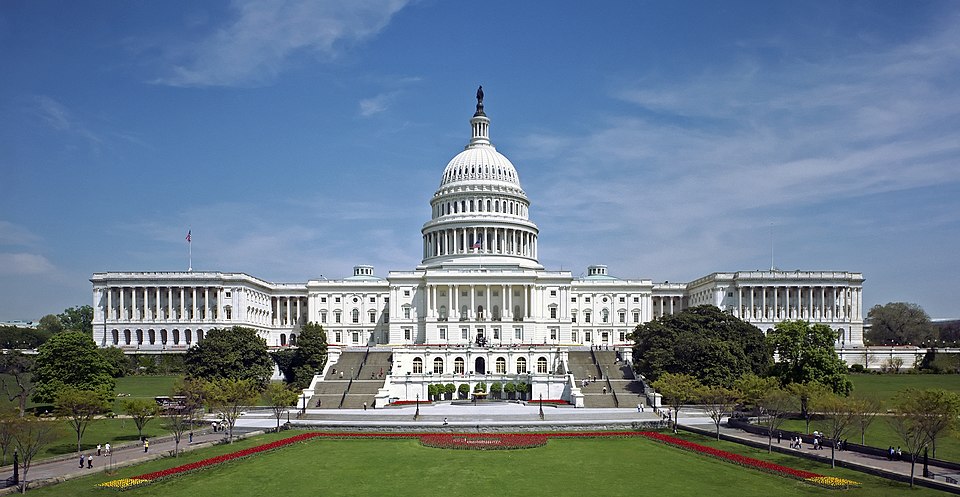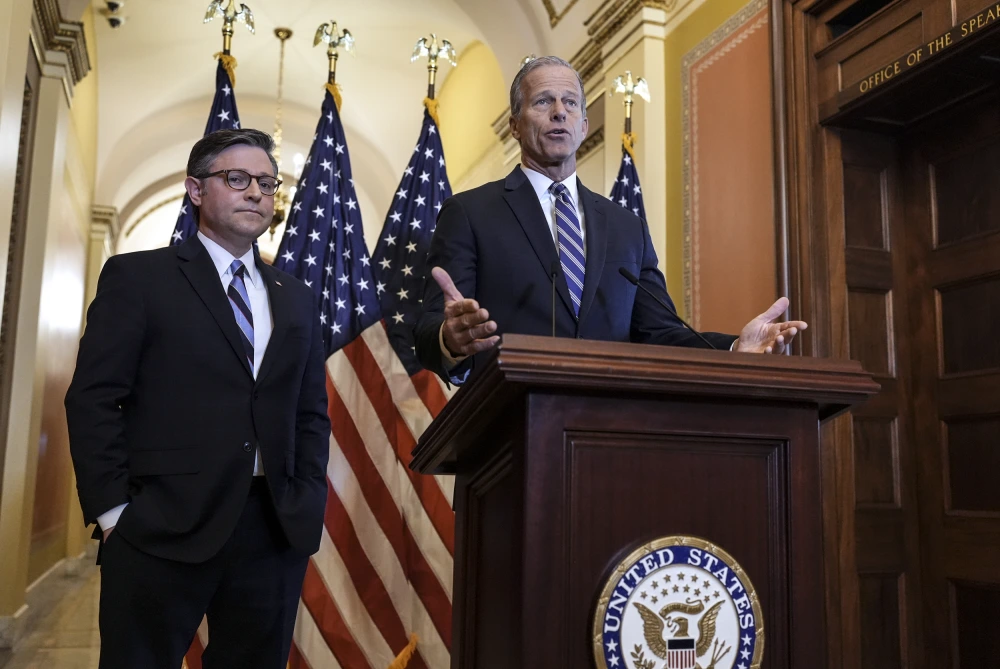A federal court has brought former President Donald Trump’s proposal to deport certain foreign students to a halt, pausing efforts to revoke student visa access tied to political activism. The legal ruling temporarily stops the administration’s plan, which aimed to remove non-citizens found to have engaged in campus protests or political demonstrations deemed disruptive or threatening.
The Department of Homeland Security, under Trump’s directive, had sought to expand deportation rules to include foreign students and exchange visitors believed to be involved in what the administration called “anti-American activity.” Critics, including immigration advocates and university officials, argue that the policy was overly broad and could be used to silence dissent and punish free expression on college campuses.
The federal judge overseeing the case said the government had not provided sufficient justification for the new deportation measures, nor had it outlined a clear standard for determining what kind of behavior would trigger visa revocation. As a result, enforcement of the policy has been temporarily blocked while the court reviews its legality.
Opponents of the plan view the ruling as a major win for academic freedom and student rights. Civil liberties groups warned that implementing such a policy could create a chilling effect on international students, many of whom already face uncertainty related to immigration rules and visa restrictions. The case is ongoing and could shape future debates around immigration enforcement and free speech in academic settings.



